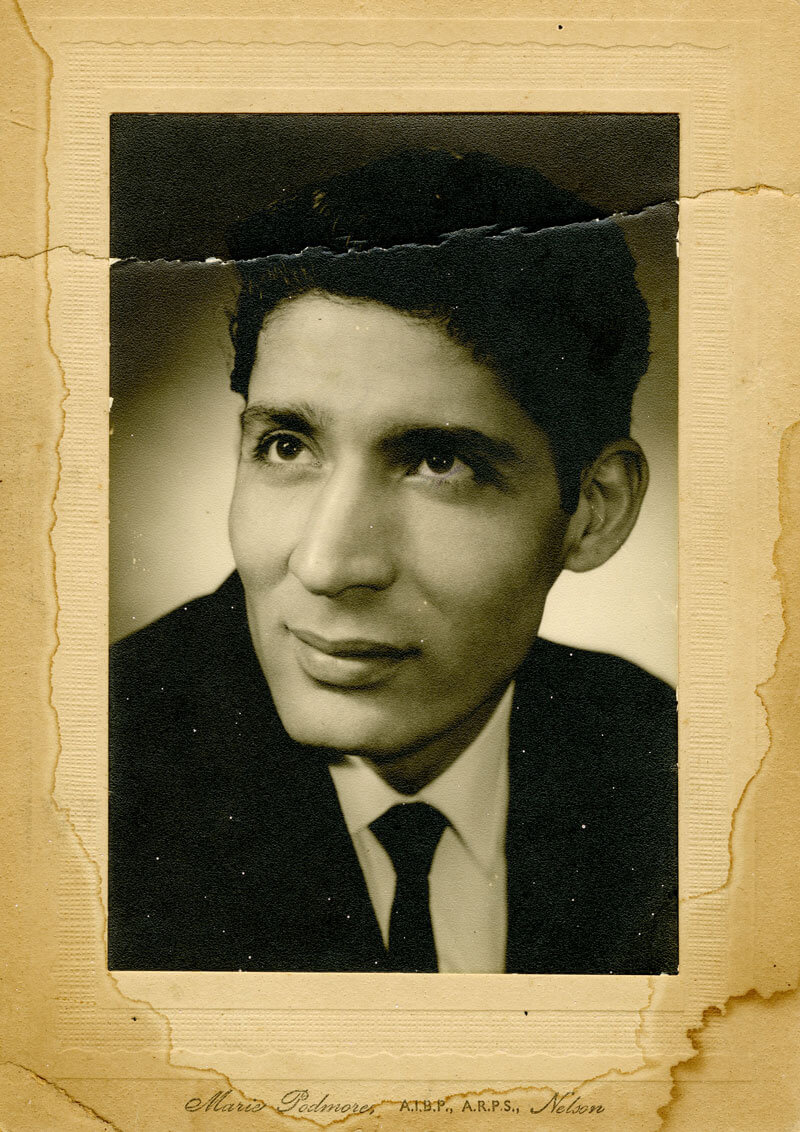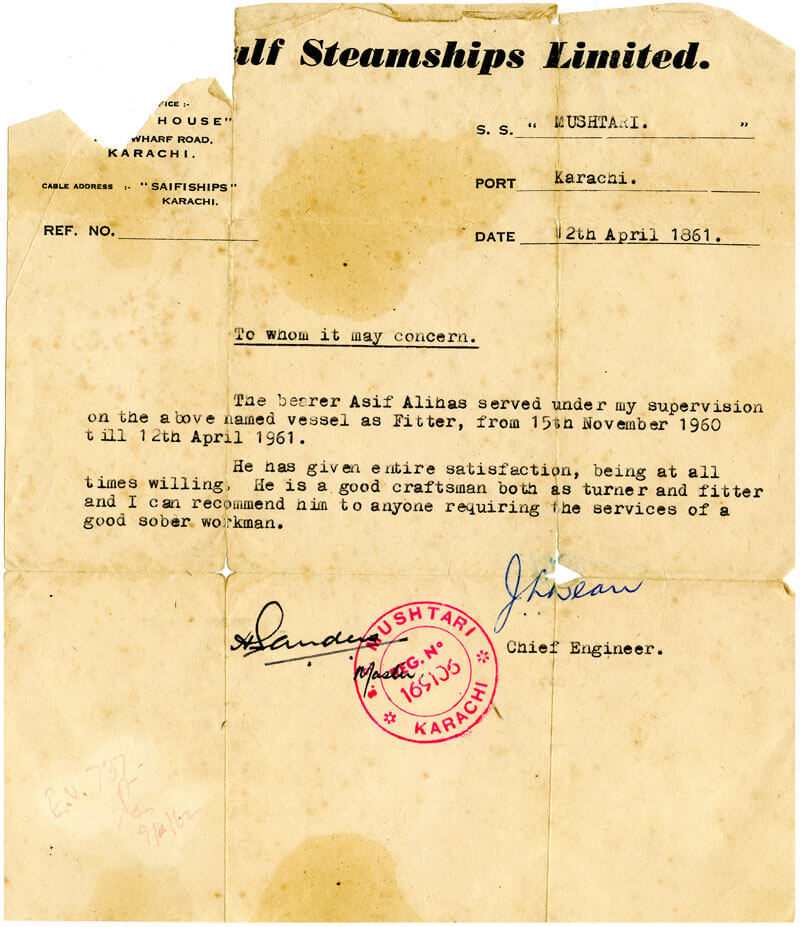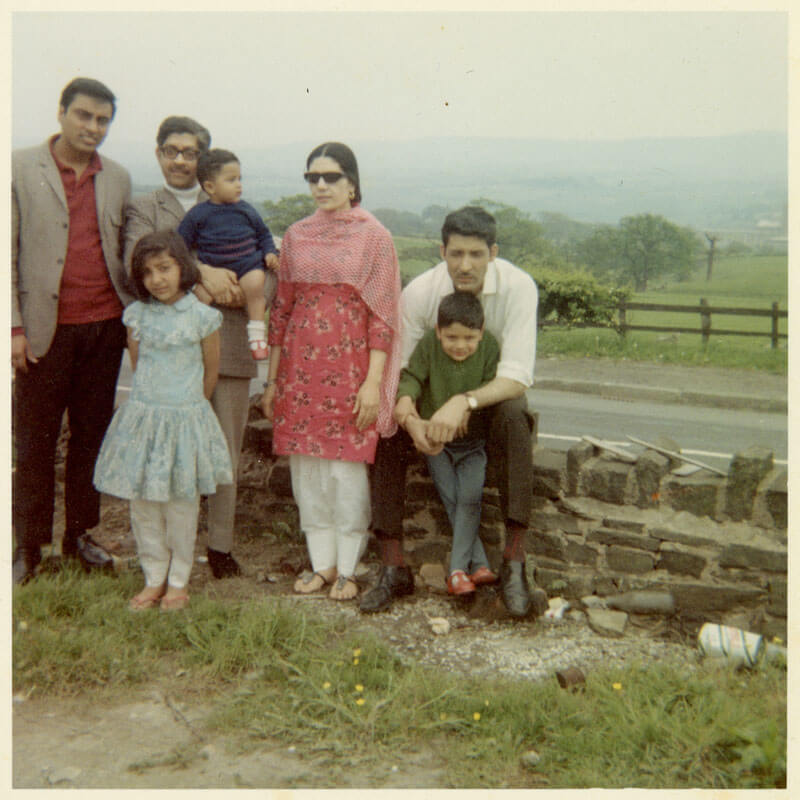
Asif Ali Khan settled in Britain in 1963. He grew up in pre-Partition India. India had been home to his family for ‘ten generations’. But in the aftermath of Partition (1947), they had to leave for Pakistan. In the 1950s and 60s, he worked in the merchant navy. It helped him to travel (including Britain and Australia) and eventually settling in Britain:
I became seaman. I went to sea on the ship. […] I used to go all over the world. In 1962 or 63, I think, I came to the UK a few times. Then somebody say, why don’t you settle in the UK? I said, “No, I’m earning good money on the ship. I don’t want to go anywhere.” Anyway, I put application in to the High Commissioner. And suddenly, they say, “Yes, you can come to the UK.” It was 63. 63 I came UK. I had in my hand £5.

Growing up as a young man in India in the 1940s, he took up the sport of wrestling – a sport with a rich tradition in India. Today, in Britain, sports are a big part of the lives of many British Asian youth, especially young men. However, finding opportunities to participate was never easy for migrants or even the second generation. But Asian youth retained a deep aspiration to be physically active, to compete with others, whether for fun or more seriously. Asif’s story reveals traditions and roots to being physically active and competitive, something passed down to him and that he has passed down since:
My father used to be a wrestler. Then I used to be a wrestler. I was success over there [in India]. But some circumstances came, then I have to leave India to come to Pakistan. When I came Pakistan, we have nothing. We have to work hard. When we settled down, I started wrestling again [in Karachi]. There were a few wrestlers. I was top wrestler. I was training every day, except Thursday. In the evening, there was land over there. We cultivate by hand and then wrestle each other every day. And before that, I used to do 5,000 squats every day. 2,000 in the morning. 3,000 in the evening. 5,000 every day, for 4, 5 years or 6 years. That’s why I went to the top. Because I used to work very, very hard. My father used to wake me up about three o’clock in the morning. I used to go running, about three or four miles. When I wake up, 2,000 again.

However, working in the merchant navy and migrating to Britain meant he could not pursue the sport any further. Asif brought up his family in Britain, moving to Birmingham from Nelson, Lancashire (where he had been a factory worker), so his children could attend college. In Birmingham, his son, Ausaf, and grandson, Hamza, were strongly influenced by the family sport, a tradition going back to pre-partition India.






